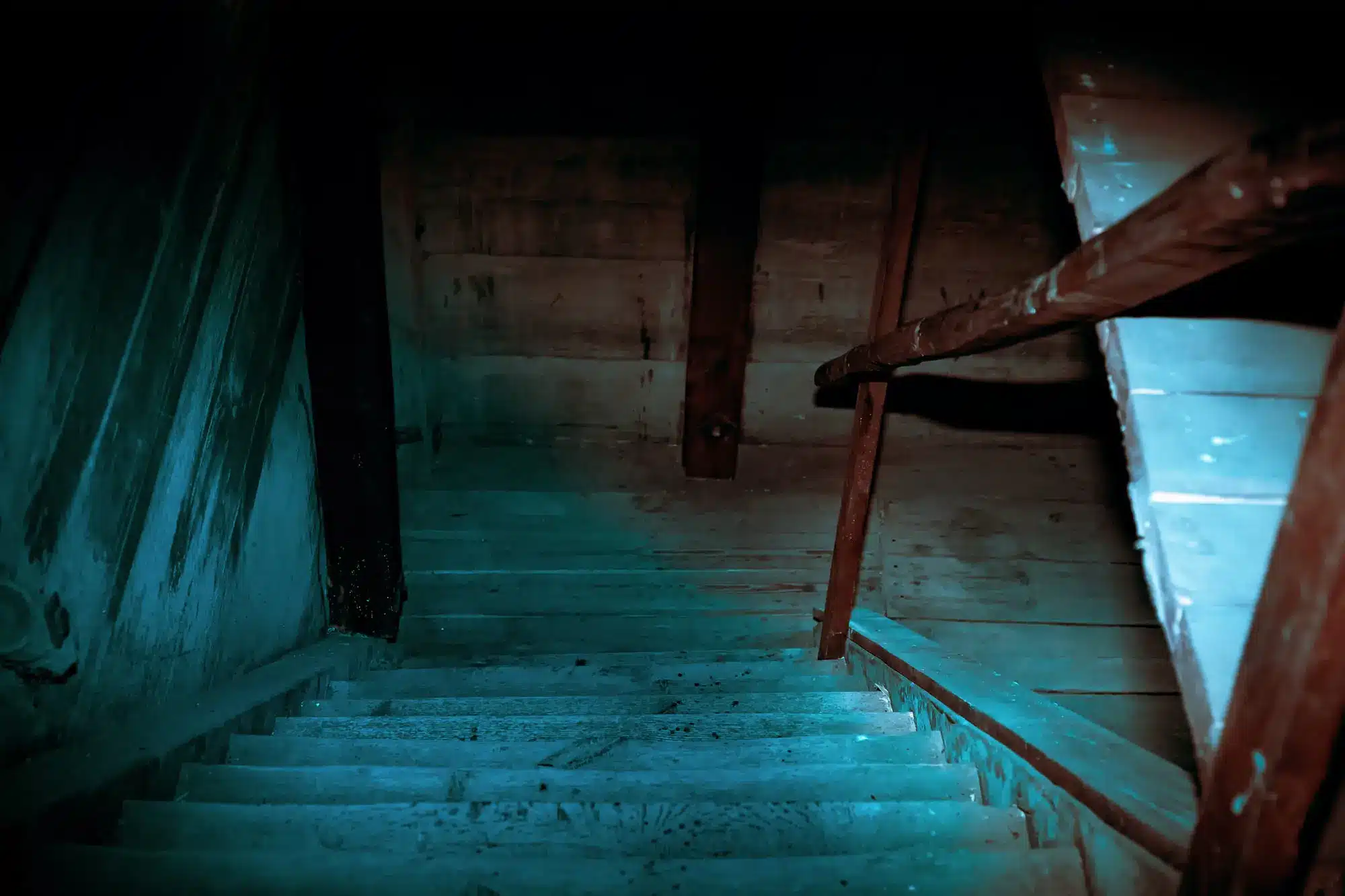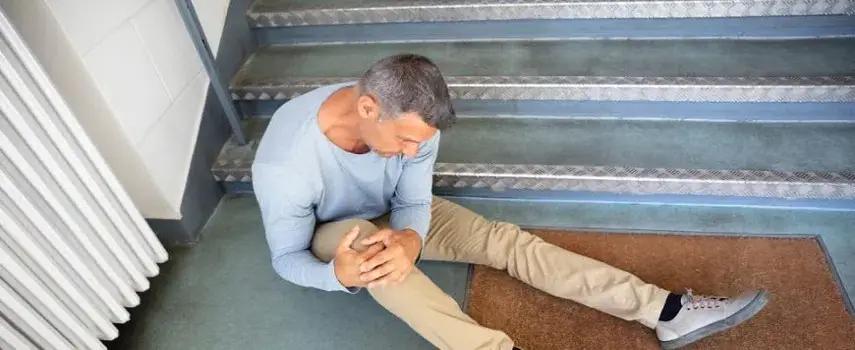A boiler mechanic sustained a fall injury while he was performing repair work on a boiler. On the day of the accident, he performed major repair work on a broken boiler located in a building’s basement. While accessing the boiler, he fell ten feet from a sidewalk hatchway, landing on his back. The mechanic (the plaintiff) sued the owner of the property, the first-floor lessee, and its maintenance company (the defendants) under New York’s scaffold law for his fall injury. The scaffold law protects workers engaged in a number of construction activities. One of the most often litigated “covered construction activities” is repair work.
The Fall Injury Accident
The boiler mechanic used the unsafe sidewalk hatchway to access the boiler. He did not know of any other means of access. The mechanic previously visited the building several weeks earlier. During that visit he attempted to to repair the boiler. He first visited the building several weeks before his fall injury. During that visit he attempted to repair the boiler. To perform this prior repair, his employer had given him keys with instructions to open up a roll-up gate covering the entrance to the first floor, to use another key to enter the first-floor lessee’s office, and then walk to the stairway leading to the basement where the boiler was located. He also indicated that the keys to the first-floor lessee’s roll-up gate did not work and that he subsequently located a sidewalk hatchway located in the front of the building that would provide access to the boiler in the basement.
When he returned to the premises several weeks later, he again entered the hatchway and ventured to the basement location of the boiler. As he was climbing out through the hatchway, he attempted to hoist himself up by grabbing the hatchway opening. He was standing on the ladder at the time. He suddenly lost his grip, causing him to fall ten feet to the basement floor below, onto his back.
Who is to Blame?

The plaintiff argued that he was never advised of a safer means of reaching the basement boiler. The access path consisted of walking through a garage 200 feet away from the main entrance. The building owner argued that he told the plaintiff’s employer of this safer method of reaching the basement boiler a number of years earlier
(when the first-floor lessee first leased the space and had the locks changed). But admitted that he could not recall telling the injured worker’s employer after that. The boiler mechanic had been to this premises only once before the incident. He testified that nobody told him of this safer method of gaining access to the basement. The defendants moved to dismiss the fall injury case.
The property owner argued that scaffold law did not apply. They argued that the mechanic was engaged in routine maintenance at the time, because the mechanic’s employer because the mechanic’s employer continually maintained the boilers. The scaffold law does not apply to routine maintenance work. The mechanic conceded that his company maintained the boiler and conducted annual inspections. However, the plaintiff argued that subject work was repair to an inoperable boiler and thus could not be considered routine maintenance.
The Fall Injury Settlement
As a result of this accident, the injured worker claimed he suffered herniations at L-4-5, L5- S1 and C4-5 which would require both a cervical and lumbar fusion surgery. He argued that he continued to experience intense pain and a limited range of motion. As a result of this, he argued he would need extensive future care that would cost approximately $900,000. In addition, the plaintiff was earning approximately $70,000 a year before his accident. He claimed his injuries and the limitations they caused have left him permanently unemployable. The case settled for $3,075,000 before the judge had to decide defendants’ motions to dismiss this case. The property owner paid $3,000,000 and the first-floor lessee paid $60,000, with its agent paying $15,000. It is important to find and contact a good personal injury attorney for your fall injury case to get you the result you deserve.




